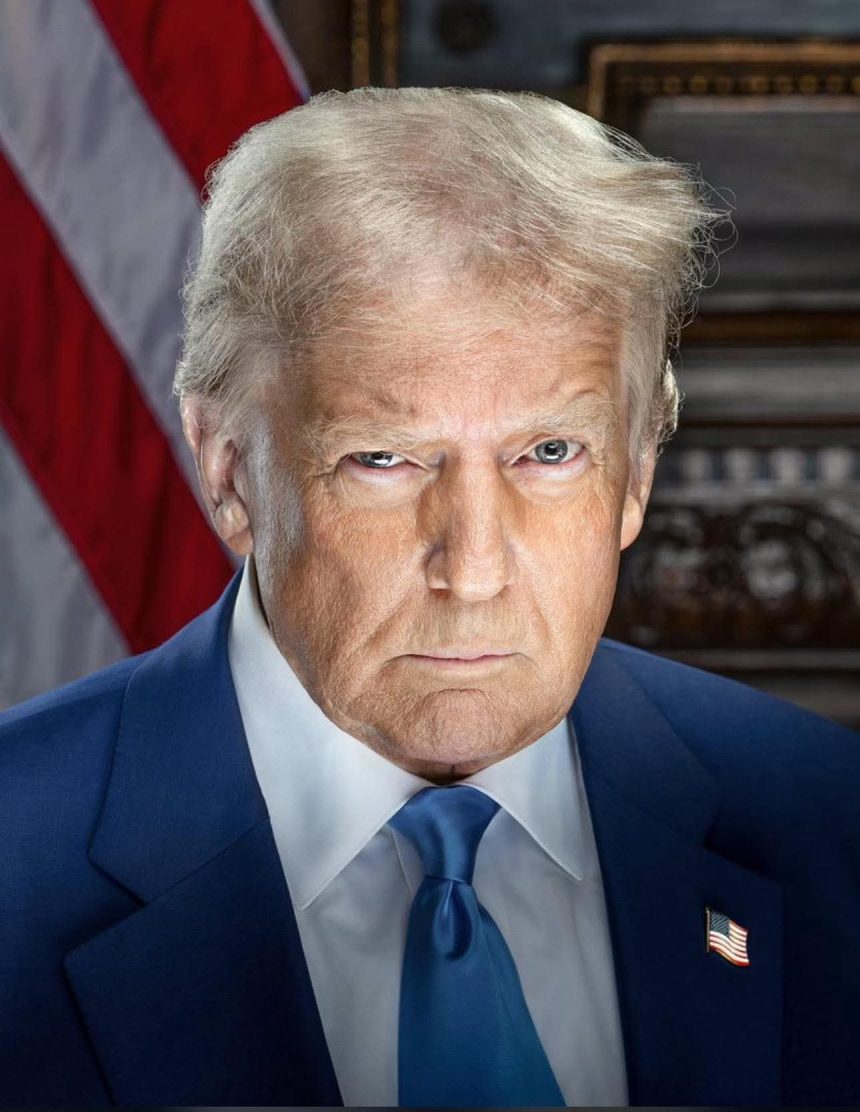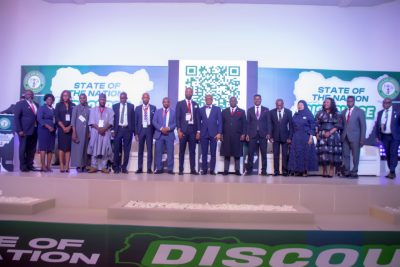In a move that has stirred global debate, former U.S. President Donald Trump on October 31, 2025, designated Nigeria as a “Country of Particular Concern” (CPC) for alleged violations of religious freedom. The declaration, made under the International Religious Freedom Act (IRFA) of 1998, identifies Nigeria as a nation whose government has “engaged in or tolerated particularly severe violations of religious freedom.”
According to the Act, such violations include systematic acts of torture, prolonged detention without charge, abductions, and other flagrant denials of the right to life, liberty, and security of persons. This renewed designation has sparked contrasting reactions from international scholars, human rights activists, and the Nigerian public.
Notably, Nigeria became the first secular democracy to earn this designation back in 2020 under former U.S. Secretary of State Mike Pompeo, following persistent recommendations from the U.S. Commission on International Religious Freedom (USCIRF) since 2009. Chair Gayle Manchin at the time commended the move, describing it as a necessary step toward ensuring all governments uphold religious liberty.
Observers have linked Trump’s renewed declaration to a series of religiously motivated attacks that have plagued Nigeria in recent years. These include the Plateau State massacre (2022), where over 150 people were killed by bandits; the Christmas Eve attacks (2023) that left nearly 200 dead; and the Yelwata Massacre (2025) in which more than 100 Christians were slain. Muslim communities have also suffered, with several killings and abductions during prayer sessions in Niger, Zamfara, Borno, and Katsina States.

Critics argue that the Nigerian government’s failure to decisively curb extremist violence, coupled with its recurring silence, has emboldened perpetrators. Analysts contend that the CPC designation serves as an acknowledgment of this failure — a diplomatic signal that the situation has reached international concern levels.
Under Section 405 of the IRFA, the U.S. may implement several presidential actions against designated countries, including:
- Private or public diplomatic demarches;
- Official condemnations;
- Suspension of development or security assistance;
- Restrictions on U.S. government contracts and engagements; and
- Cancellation of official visits and bilateral programs.
However, the Act does not authorize unilateral military intervention, except with the consent of the Nigerian government. The measures are primarily economic and diplomatic, though analysts warn that future U.S. actions may be guided by broader international security considerations under the U.N. Charter.
Legal scholars have expressed mixed views on the development. Some describe the move as a legitimate wake-up call to Nigeria’s leadership to act decisively against religiously motivated violence. Others caution that any form of external intervention must respect Nigeria’s sovereignty and territorial integrity, in line with principles of international law and sovereign equality of states.
As discussions continue, one thing remains clear: the designation of Nigeria as a Country of Particular Concern has reopened global conversations about religious freedom, state responsibility, and international accountability in Africa’s most populous democracy.

By: Israel Opah Abida, Esq









